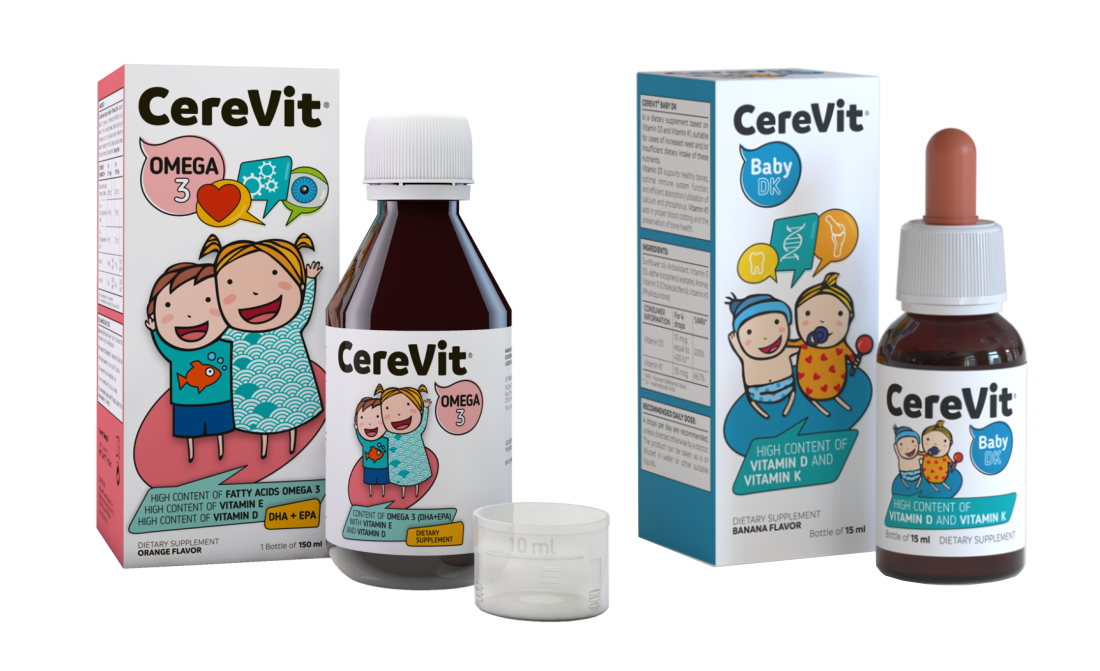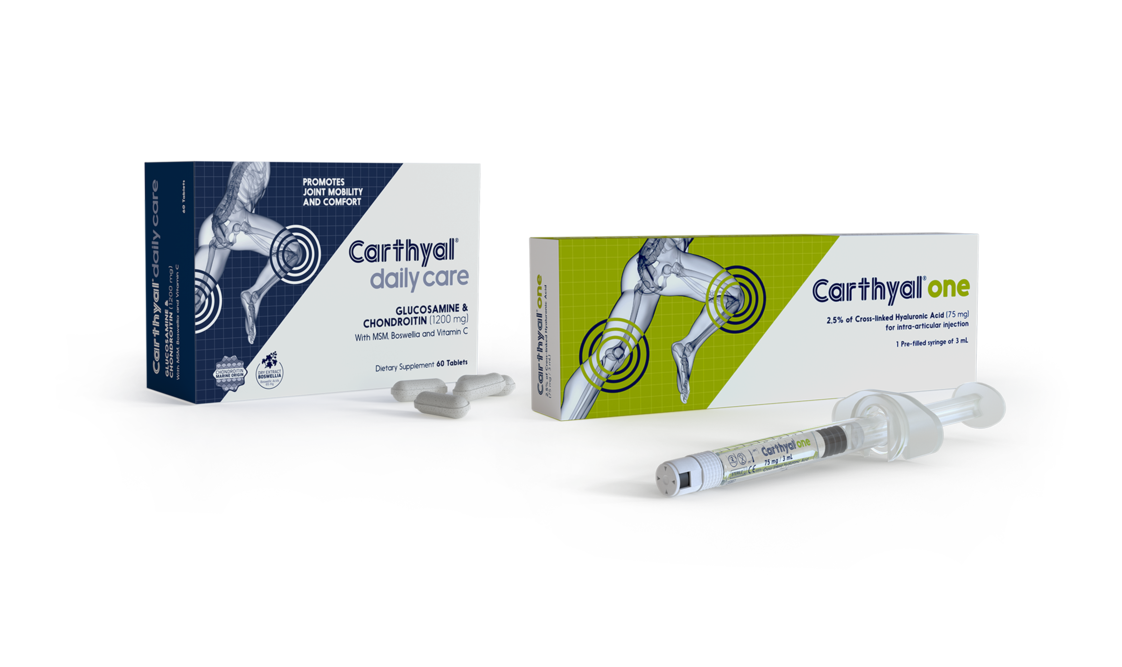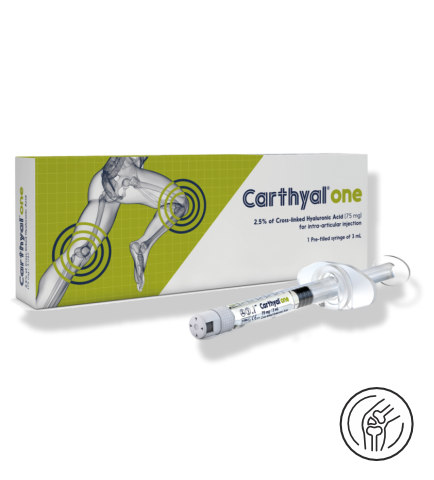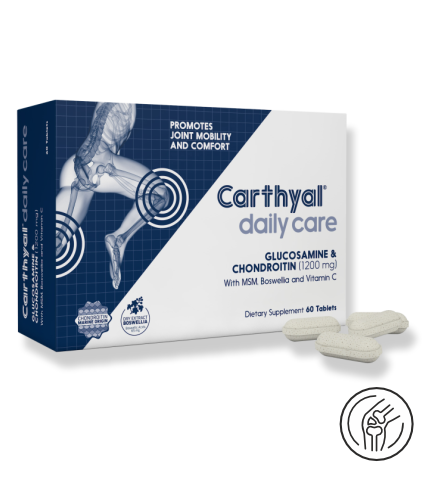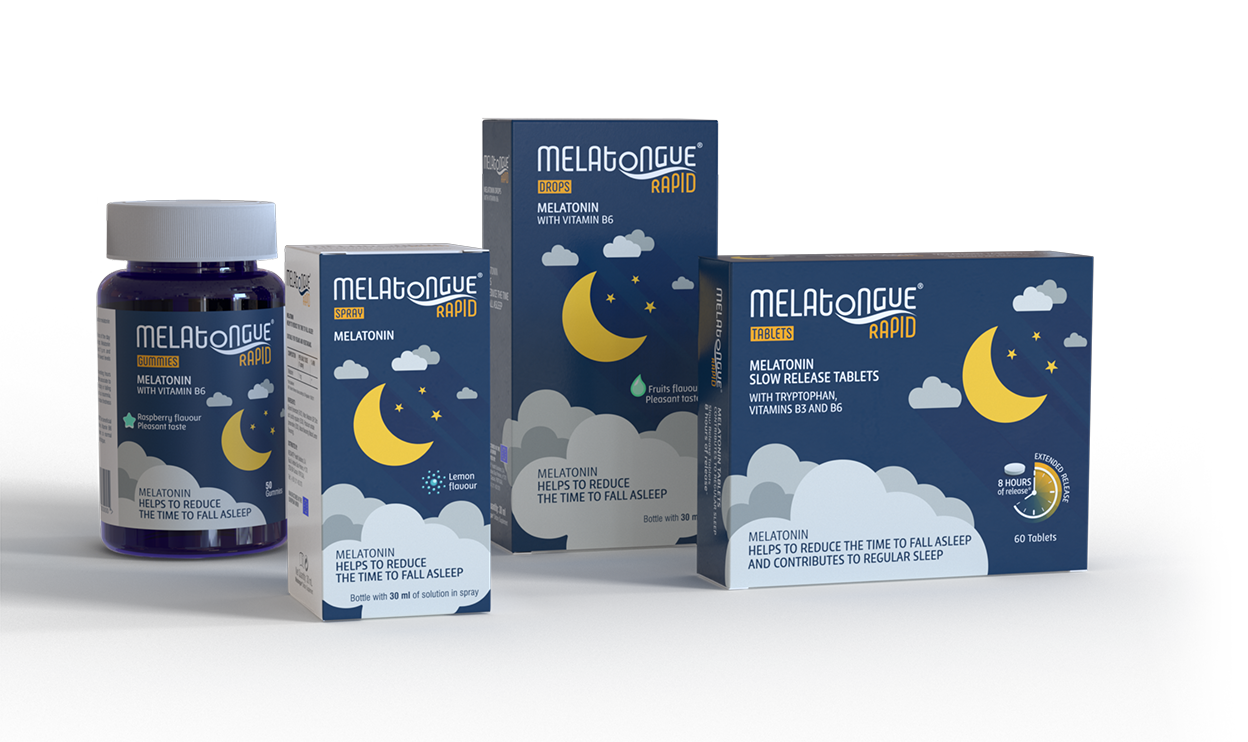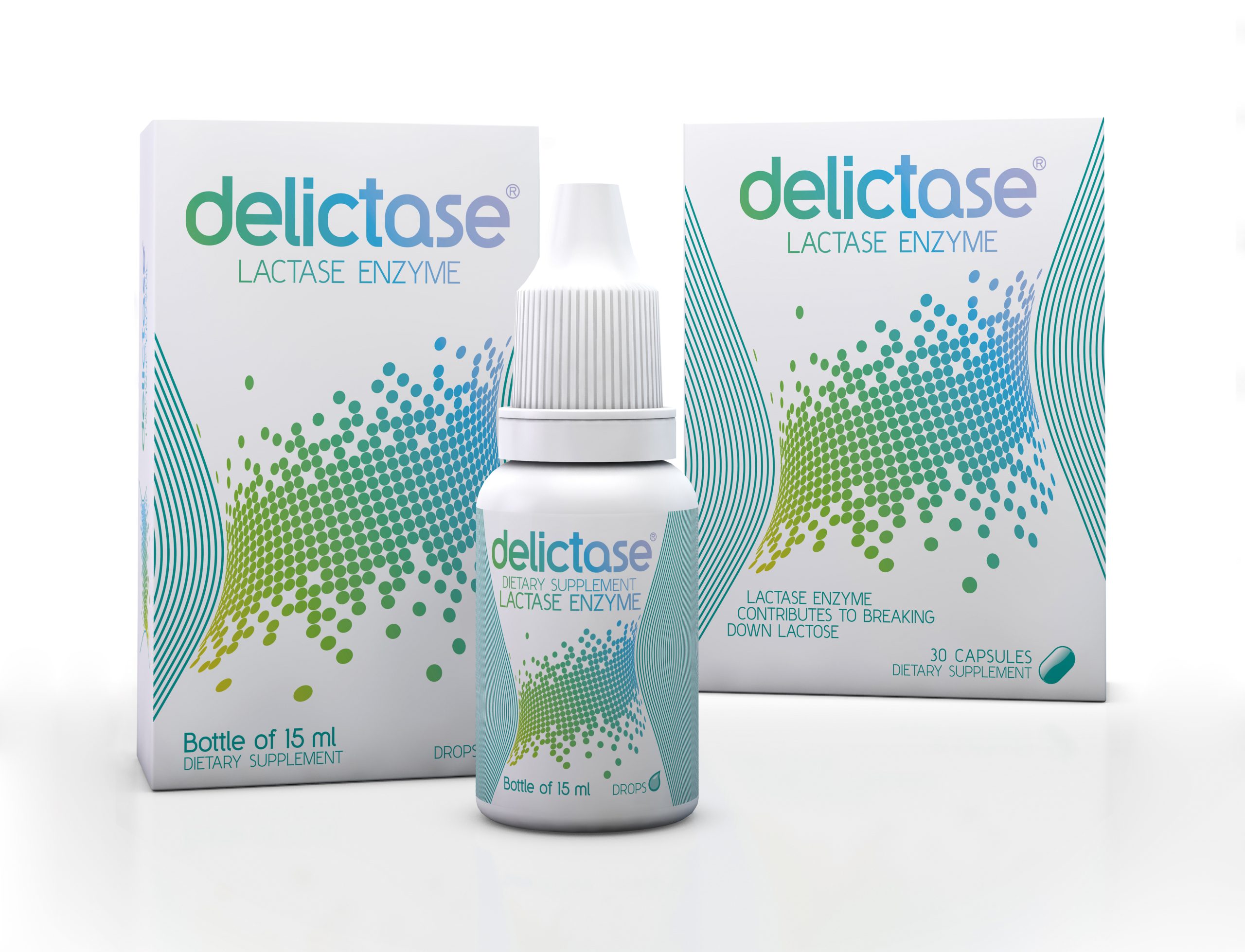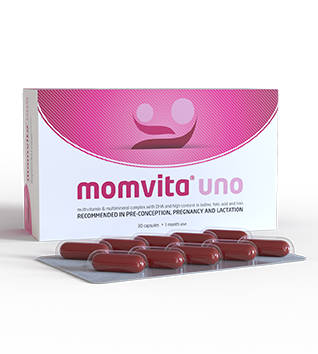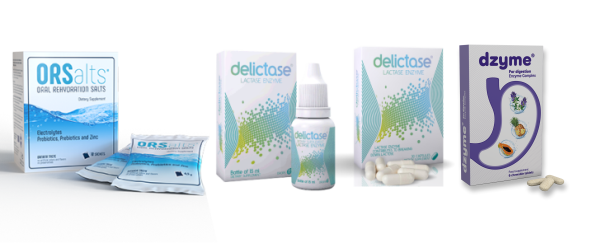When dehydration becomes a concern: Knowing when to worry
Dehydration, a condition characterized by the loss of body fluids, can manifest in various ways, ranging from mild discomfort to severe health issues. Recognizing the signs and symptoms of dehydration is vital. This article explores the critical issue of dehydration and the related loss of minerals.
Water is the lifeblood of our bodies, constituting a substantial portion of our physiological makeup. Dehydration, characterized by the loss of body fluids, can result from various factors, including reduced fluid intake, fluid loss or a combination of both(1).
Its manifestations encompass excessive thirst, fatigue, dizziness, confusion, reduced urination, and dark urine.

Dehydration can be triggered by seemingly simple causes like insufficient fluid intake, severe illnesses, or even the lack of access to clean water. Moreover, conditions such as diarrhea, vomiting, fever, excessive sweating, and increased urination due to various factors, including medications and health conditions, can also lead to dehydration (1).
Dehydration is not limited to regions lacking access to clean water and basic healthcare amenities. Astonishingly, even in industrialized nations, dehydration is a prevalent issue.
A study published in the American Journal of Public Health in 2015 revealed that an alarming 54.5% of US children suffered from inadequate hydration. This statistic highlights the gravity of the problem and underscores the need for innovative solutions(2).
Dehydration is not the only issue to be wary of. Our bodies require a delicate balance of various minerals and nutrients to function optimally. When this balance is disrupted or becomes unbalanced, it can manifest in the subsequent ways (3):
- Muscle Cramps: Frequent muscle cramps or spasms can indicate an electrolyte imbalance, often affecting muscles like the calf or thigh.
- Fatigue: Ongoing fatigue that doesn’t improve with rest may signal a mineral deficiency, impacting energy levels.
- Heart Palpitations: Irregular heartbeats could be related to an electrolyte imbalance, especially potassium and magnesium.
- Dizziness and Lightheadedness: A drop in blood pressure due to an electrolyte deficiency can cause dizziness and lightheadedness, often linked to sodium and potassium.
- Changes in Urine Color and Frequency: Dark yellow or amber-colored urine can indicate dehydration and insufficient mineral intake. Decreased urination could also be a concern.
- Unusual Thirst: An excessive thirst is often an early sign of dehydration, signaling the need for more fluids and electrolytes.
- Confusion and Memory Issues: Severe electrolyte imbalances can lead to confusion, difficulty concentrating, and memory problems.
- Tingling or Numbness: Sensations of tingling or numbness in the extremities may be related to deficiencies in minerals like calcium, magnesium, or potassium.
Recognizing the importance of this condition, Neosanté developed Orsalts®.
ORSalts® plays a significant role in helping restore the balance of these vital minerals, ensuring your body operates at its best.
ORSalts® is a groundbreaking solution in the realm of oral rehydration, designed for various populations, including children, the elderly, and those experiencing transient episodes of vomiting or diarrhea due to medications or other factors. It goes beyond the conventional approach of electrolytes and glucose by incorporating:
11 strains of probiotics, prebiotics and zinc.
These elements collectively:
- Enhance rehydration; (3)
- Restore intestinal flora; (4,5)
- Inhibit harmful bacterial growth; (4,5)
- Improve nutrient absorption; (3,4,5)
- Reduce the severity and duration of diarrhea. (4,5)
For companies focused on gastrointestinal health solutions and seeking portfolio enhancement, we are open to collaborations with ORSalts®.
This formula, available in easy-to-use powder sachets, can be effortlessly incorporated into the daily routine of your clients, providing a convenient and practical addition that offers a holistic approach to maintaining overall health and well-being.
Reach out to us via the email address bd@neosante-hs.com, explore the possibilities of collaboration and learn more about this and other products.
- Popkin BM, D’Anci KE, Rosenberg IH. Water, hydration, and health. Nutr Rev. 2010 Aug;68(8):439-58. doi: 10.1111/j.1753-4887.2010.00304.x. PMID: 20646222; PMCID: PMC2908954.
- Kenney EL, Long MW, Cradock AL, Gortmaker SL. Prevalence of Inadequate Hydration Among US Children and Disparities by Gender and Race/Ethnicity: National Health and Nutrition Examination Survey, 2009-2012. Am J Public Health. 2015 Aug;105(8):e113-8. doi: 10.2105/AJPH.2015.302572. Epub 2015 Jun 11. PMID: 26066941; PMCID: PMC4504329.
- Maday KR. Understanding electrolytes: important diagnostic clues to patient status. 2013 Jan;26(1):26-31. doi: 10.1097/01720610-201301000-00006. PMID: 23355998.
- Barr W, Smith A. Acute diarrhea. Am Fam Physician. 2014 Feb 1;89(3):180-9. PMID: 24506120.
- Huang R, Xing HY, Liu HJ, Chen ZF, Tang BB. Efficacy of probiotics in the treatment of acute diarrhea in children: a systematic review and meta-analysis of clinical trials. Transl Pediatr. 2021 Dec;10(12):3248-3260. doi: 10.21037/tp-21-511. PMID: 35070839; PMCID: PMC8753473.






